Chiayi City - 嘉義市
DPP: Nominated former legislator and deputy mayor Lee Chun-yi (李俊俋) on June 28.
Others: Four independents, including the novelty candidate formerly known as Huang Hong-cheng (黃宏成).
T-PVI: G+4
Notes:
- Huang is a rare bird: a popular KMT mayor of a green city. How, you might ask? Her father was Huang Yung-chin (黃永欽), a long-time Taiwan Provincial Assembly member and the head of the leading faction in both the city and the county. The conventional story is that she inherited his long-standing networks and has maintained them. That has given her deep political influence which extends across the green-blue divide. She also served two previous terms as Chiayi City mayor, from 2005-2014.
- Lee Chun-yi held the Chiayi City seat in the legislature for two terms (2012-2020), but lost the DPP's primary in 2019 to Wang Mei-hui (王美惠), who is now the legislator for Chiayi (not to be confused with Huang Min-hui the mayor). Lee then became a deputy secretary-general of the Presidential Office, which has become a place where losing candidates in good standing with Tsai Ing-wen go to have something to do for awhile. Lee has now been sent back down to Chiayi to challenge Wang.
- Update 9.2. The writer formerly known as Huang Hong-cheng (黃宏成) is a perennial candidate who's most well-known for changing his name multiple times. He was originally reported to be planning to run in Hualien race but registered here instead. The election deposit for the county/city mayor's races is NT$200,000, or about US$6300 at current exchange rates, which candidates forfeit if they do not win at least 1/10 of the winner's vote share. That makes running for office a fairly expensive hobby, and is one reason that Taiwan has fewer novelty candidates than, say, the UK, where in a fine British tradition Boris Johnson had to appear on stage with Lord Buckethead and Elmo to hear his constituency win announced.
- Update 11.3. This race has been suspended and rescheduled for December 18! One of the minor candidates, Huang Shao-tsung (黃紹聰), died suddenly on Wednesday. According to the Civil Servants Election and Recall Act, Article 30, if a candidate dies after the registration deadline but before Election Day, the CEC must pause the election and restart the process of registration, drawing numbers, reprinting ballots, and so forth.
- This suspension clause in Taiwan's election law has apparently been informally called the "anti-assassination clause" -- I don't know the history here but am now intrigued...I also don't know how common this kind of provision is around the world. In the US, the election would typically still be held as scheduled, although like everything else in US elections, the practice varies depending on state vs federal law and across the states, and it often ends up decided by a court ruling, as this recent case in Minnesota demonstrates. (For comparison, here's Kentucky's procedure: votes for a dead candidate simply won't be counted; versus Texas: votes are counted, and if the deceased candidate wins, the resulting "vacancy" is filled "in the regular manner," either appointment or by-election.)
- Both Huang Min-hui and Lee Chun-yi are unhappy with the postponement. The danger for Huang is that the separate, later date makes her a bigger target for the DPP. She's also the candidate in the lead and wants to avoid anything that would shake up the race...like a postponement. The law gives the CEC a lot of discretion here to decide how to reschedule the election process; they've decided to prioritize sticking to the normal timeline rather than rushing to complete registration, drawing of lots for ballot order, and ballot reprinting in the next 23 days. In my view that's probably the right decision, although it's likely to affect turnout in this race (keep in mind the local councilors and ward chief elections in Chiayi City will all still be held on Nov. 26 alongside the constitutional referendum).
- 2022.10.18-22: RWNews is publishing polling results for a lot of the second-tier races, including Chiayi City. Results here come in in line with my priors: they show the KMT's Huang leading the DPP's Lee, 58-27%. I'm unfamiliar with RWNews's track record, but they are using an online poll that NTU professor Chang Yu-tsung organized, and they do provide a fairly detailed description of the sampling method. The poll is weighted by sex, age, and location of residence (but not education?). Chang is part of the Asiabarometer survey team at Tai-Da and knows what he's doing, so I'm going to include these results where they're available.
Result: KMT hold. Huang Min-hui wins, 63.8-35.0%.
Chiayi County - 嘉義縣
DPP: Renominated incumbent Weng Chang-liang (翁章梁).
Others: None.
T-PVI: G+8
Notes:
- Weng won this office easily in 2018, a very bad year for the DPP nationally, and his approval ratings have been among the highest of all local executives for his first term. His real challenge was in the primary; he's part of legislator and former executive Chen Ming-wen's (陳明文) faction in the county, and he defeated the rival Chang faction's nominee, county speaker Chang Ming-ta (張明達).
- Wang is a protege of former president Ma Ying-jeou and was appointed the first executive director of the Ma Ying-jeou Cultural Foundation in 2018. She entered the legislature in 2012 as a party list legislator; in 2016 her #12 ranking was high enough to keep her there for another term.
- Wang looks like a sacrificial lamb here; her main qualification seems to be that she was born in the county.
- 2022.10.18-22: RWNews online poll finds Weng leading Wang, 48-32%. Weng coming in a bit below expectations here but still safely in the lead.
Result: DPP hold. Weng Chang-liang wins, 62.9-37.1%
Yunlin County - 雲林縣
DPP: Nominated legislator Liu Chien-kuo (劉建國) on April 27.
Others: One minor candidate, Lin Chia-yu (林佳瑜).
T-PVI: G+6
Notes:
- Chang is part of the most powerful political family in Yunlin, the Chang family. Her older brother Chang Jung-wei (張榮味) won two terms as Yunlin County magistrate, in 1999 and 2001. He was convicted of vote-buying in the 1994 county council council election, but only exhausted his court appeals in 2005 and was removed from office then. He was later sentenced to prison for accepting bribes in a case related to the construction of the Mailiao incinerator plant, and was in prison from July 2018 to May 2021. The Chang family has maintained considerable influence in Yunlin through local agricultural cooperative associations.
- Chang Li-shan first entered electoral politics in 2004, when she won a seat in the LY as an independent. She served one term but didn't win a nomination to a single-member district in the new, smaller legislature in 2008. She was the KMT's candidate for Yunlin county executive in 2009, then suddenly pulled out that September, leaving the KMT scrambling to find an alternative. She eventually ran as the KMT nominee in the next cycle, losing to the DPP's Lee Chin-yung (李進勇), 57-43%. She tried again in 2018 and turned the tables on Lee, winning that race 54-42%.
- Factional politics in Yunlin are complicated, and to add to the confusion, everyone seems to be named Chang (張). The Chang Jung-wei faction of which Chang Li-shan is a part has sometimes been allied with the KMT, and sometimes independent. Even members of Chang Jung-wei's family have sometimes fought against one another in elections here.
- Yunlin is a largely rural agricultural county with no major cities and a long history of environmental activism. The Mailiao petrochemical plant complex on the coast has resulted in some serious environmental damage and fears of elevated cancer risks. Environmental issues are especially salient in the county.
- Liu got his start on the Yunlin County Council, first winning a seat in 2002. He gained national attention in 2008 when he ran for the legislature in Yunlin 1, lost, then accused his opponent Chang Sho-wen (張碩文) of the KMT of vote-buying. Chang lost the case and was stripped of his seat in 2009, and Liu won the by-election to replace him. He's represented Yunlin 1 ever since. He's not named Chang so he's got that going for himself at least.
- Update 9.2. Independent candidate Lin Chia-yu is a dentist who previously ran in 2018, winning 1.57% of the vote.
- 2022.9.22-25: SET News with an in-house poll that finds Chang leading Liu 37-28%, with 38% undecided. The same poll also finds generic partisan support for DPP at 26%, KMT at 15%, TPP at 12%, and NPP at 5%.
Result: KMT hold. Chang wins, 56.6-41.6%
Pingtung County - 屏東縣
KMT: Nominated former legislator Su Ching-chuan (蘇清泉).
DPP: Nominated party-list legislator Chou Chun-mi (周春米) on April 27.
Others: The NPP is running a candidate here, Chan Chih-chun (詹智鈞). No others.
T-PVI: G+6
Notes:
- Popular DPP incumbent Pan Men-an (潘孟安) is term-limited out and it's not clear what he'll do next; at one point he was even mentioned as a possibility for the party's nomination in New Taipei.
- Unusually for this cycle, the DPP held a polling primary for Pingtung, which was contested by three DPP legislators: Chou, her fellow party list legislator Chiang Jui-hsiung (莊瑞雄), and Chung Chia-pin (鍾佳濱) from Pingtung 1. All three were backed by different party heavyweights. Chou is part of the New Tide Faction in the DPP and was supported by incumbent Pan. Chung was backed by the previous Pingtung county executive, Tsao Chi-hung (曹啟鴻). And Chuang was supported by former LY speaker Su Jia-chyuan (蘇嘉全).
- Chou is a former district court judge. She was elected on the DPP's party list to the LY in 2016 and 2020, but has never run for office in Pingtung before. She does, however, come from a political family in the county: her father, Chou Hui-huang (周輝煌), served as a KMT county councilor in the 1970s. One of the criticisms leveled against her in the primary was that she was too friendly with local KMT leaders.
- The KMT's nominee Su Ching-chuan ran previously in 2008 for the legislature in Pingtung 3, losing 51-43% to Pan Men-an. He was added to the KMT's party list in 2012, serving one term as a legislator. He then ran in 2018 for the county executive, also losing that race to Pan, 56-43%, in a very pro-KMT year. Maybe without Pan on the ballot he's got a chance?
- Chan is a neurologist at Pingtung Christian Hospital and the head of the NPP Pingtung chapter.
- Pingtung has been reliably green in recent years. It also lost an LY seat in the 2020 reapportionment, which eliminated the bluest, Pingtung City-based district that the KMT held from 2008-2016, so there's no incumbent legislator from the blue camp who could mount a challenge. But as in many of the more rural parts of Taiwan, the KMT retains a stronger presence in the townships and the county councils of Pingtung than its performance at higher levels would indicate.
- 2022.9.27-10.1: RWNews online poll finds Chou ahead, but not by much: 37% to Su at 35%, with Chan at 4%. That's much closer than expected, and it suggests some lingering unhappiness in the green camp with the primary contest.
Result: DPP hold. Chou Chun-mi wins, 49.1-46.6%.
Hualien County - 花蓮縣
DPP: Nominated presidential spokeswoman Kolas Yotaka on July 5.
Others: Perennial candidate Huang Shih-peng (黃師鵬). No others.
T-PVI: B+20
Notes:
- Kolas's nomination instantly made Hualien a race to watch. As the spokeswoman for the Presidential Office and a close aide of Tsai Ing-wen, she is the most high-profile indigenous member of the DPP government. If she wins, Kolas would be to my knowledge only the second indigenous Taiwanese ever to serve as a county or city executive -- the first was Chen Chien-nian (陳建年), the father of current DPP legislator Chen Ying (陳瑩), who as a KMT member served two terms as magistrate of Taitung County from 1993-2001 and was then appointed to be head of the Council of Indigenous Peoples in the Chen Shui-bian administration.
- Hsu is the ex-wife of the previous county executive Fu Kun-chi (傅崐萁), who was convicted of insider trading and stock manipulation way back in 2005. Fu remained out on appeal and managed to win two elections for Hualien magistrate in the interim, in 2009 and 2014. He was finally removed from office in 2018, but then ran for and won the Hualien legislative seat in 2020, defeating current ambassador to the US Bi-khim Hsiao (蕭美琴) 46.0-40.5%. After exhausting his last appeal he went to prison in May 2020, and was released early on parole in May 2021. He's now rejoined the KMT and was elected to the party's Central Standing Committee in March 2022. Yikes. But hey--at least he's not a plagiarist?
- Fu and Hsu's divorce was a transparent attempt to circumvent Taiwan's "relatives clause" in the Public Officials Conflict of Interest Act (公職人員利益衝突迴避法) that prevents spouses and family members of officials from receiving appointments or contracts; just before he was removed from office, Fu appointed Hsu as his deputy in Hualien, and she subsequently has run the county government in his stead. If there's one race that would symbolize a victory against local corruption and black gold politics this round, Hualien county executive is it.
- Despite all that, Hsu crushed her opponent in 2018, 71-25%, to win a full term as Hualien County executive, and her approval ratings have been near the top of all local executives for the last four years.
- Hualien is normally quite blue (B+20) at the presidential level, in part because of its large indigenous population -- now over a quarter of the Hualien electorate (27% in 2020). So one key variable is how much support Kolas might be able to draw from indigenous voters. Her background may not be as much of a help here as one might expect; there has long been a gulf between elite indigenous activists like Kolas and voters in indigenous villages.
- Independent candidate Huang Shih-peng won only 2.6% of the vote in 2018, and 1.5% in 2014.
- 2022.10.11-15: RWNews online poll shows Hsu leading Kolas 53-33%. Consistent with my expectations.
Result: KMT hold. Hsu Chen-wei wins, 64.7-32.0%.
Taitung County - 台東縣
DPP: Nominated legislator Liu Chao-hao (劉櫂豪) on July 5.
Others: One independent, Chen Chang-hung (陳長宏).
T-PVI: B+18
Notes:
- Rao comes from a political family; her father Yao (Rao?) Eng-chi (饒穎奇) was a KMT legislator from Taitung from 1981-2005 and served as deputy LY speaker from 1999-2002. The younger Rao earned a PhD in political science from National Taiwan University in 2005, then went back to Taitung and won a county council seat. She quickly moved up there, becoming deputy council speaker in 2006, and speaker in 2009 -- the first woman to hold that position. In 2018 she beat KMT legislator and party caucus leader Sufin Siluko for the party's Taitung County executive nomination, and she then won the general election with 59% of the vote over Liu Chao-hao.
- Liu also comes from a political family in Taitung, and he has been a consistent over-performer, winning the legislative seat here in 2012 in an upset, then winning comfortably in 2016 and 2020, in what has traditionally been one of the bluest counties in Taiwan. But running for county executive is a much harder challenge for a DPP candidate: as in Hualien, the county electorate includes indigenous voters, while the Taitung legislative district does not. About 35 percent of eligible voters in Taitung are indigenous -- the highest share of any jurisdiction in Taiwan.
- Indigenous voters overwhelmingly support the KMT, or at least pan-blue candidates. Why? The traditional explanation is a combination of KMT patronage networks, family ties (many retired mainland soldiers settled in rural areas and married indigenous women), and a general distrust of the DPP and its association with the Hoklo ethnic majority. For more see this great paper by Scott Simon. That pattern may be changing some: in the 2020 elections a DPP candidate, Saidai Tarovecahe (伍麗華) won a seat in the highlands indigenous constituency, while Chen Ying (陳瑩) won again in the lowlands constituency.
- Liu has been a perennial candidate in the Taitung county executive election: this will be his sixth (!) attempt at the office. His closest run was in 2009, when he lost 53-47%. In the last race in 2018, he lost to Rao by about 20 points. It would take something truly unexpected to make this race competitive this time around. But Liu is still probably the strongest candidate the DPP could put forward here.
- 2022.10.11-15: RWNews online poll shows Rao leading Liu, 56-31%. In line with my priors.
Result: KMT hold. Rao Ching-ling wins 61.2-36.7%.
Penghu County - 澎湖縣
DPP: Nominated former magistrate Chen Kuang-fu (陳光復) on August 10.
Others: Magong mayor Yeh Chu-lin (葉竹林) left the KMT in 2021.
T-PVI: B+4
Notes:
- The first of three offshore island counties, Penghu is the one whose party politics look most like mainland Taiwan. At the presidential level, Penghu County has tended to track closely the national trends: it went blue in 2008 and 2012, and green in 2016 and 2020. The Penghu legislative seat has been held since 2012 by a DPP member, Yang Yao (楊耀).
- For whatever reason the DPP has always struggled in the magistrate races here. In 2014, Chen Kuang-fu won, becoming only the 2nd DPP member ever to be county executive. But in 2018, he lost to the KMT's Lai Feng-wei 39-33% despite a pan-blue split. The party does not seem to have a deep bench here, and could not convince Yang Yao to run. Ultimately the DPP opted to send out Chen again for a rematch.
- Update 9.2. Yeh Chu-lin was a surprise late entrant to the race, registering on September 1. He is the two-term mayor of Magong, Penghu's only city.
Update 9.23: toss-up. With Yeh Chu-lan's run, suddenly there is a pan-blue split here, too, and Penghu now looks like a true toss-up. Over half of Penghu voters live in Magong City, so Yeh starts out with a formidable base. The incumbent Lai only won 39% of the vote last time so both Yeh and Chen have a good shot here in a three-way race.
Result: DPP gain. Chen Kuang-fu wins 36.6-33.3-30.0%.
Kinmen County - 金門縣
DPP: Unless I've missed an announcement, the DPP still hasn't found anyone to run here this time around.
Others: The previous magistrate Chen Fu-hai (陳福海) registered on the last day, along with a third candidate, KMT county councilor Lee Ying-wen (李應文). Three other independents.
T-PVI: B+37
Notes:
- Kinmen and Matsu are just off the coast of Fujian proper, and are the deepest of deep blue jurisdictions. Until the last decade, the DPP didn't even try to compete here. Its best showing ever was in the 2016 legislative election, when Chen Tsang-chiang (陳滄江) won 23.7% of the vote.
- Yang won a close race in 2018, 47.5-46.2%, against the independent incumbent, Chen Fu-hai (陳福海). Yang was previously Kinmen's representative in the Legislative Yuan from 2016-18.
- The current legislator from Kinmen, Chen Yu-chen (陳玉珍), considered challenging Yang this year, but the KMT central leadership apparently persuaded her to stay out of the race this cycle, and she endorsed Yang on April 20.
- The man Yang beat, Chen Fu-hai, has declared he won't attempt a rematch this time around.
- Update 9.2. And we have a race: both the previous magistrate Chen Fu-hai (陳福海) and a KMT county councilor, Lee Ying-wen (李應文), jumped in at the last moment.
Update 9.23: toss up. With Chen Fu-hai changing his mind, this is now a 3-way race. All three candidates are nominally KMT members, although Yang is the official nominee and the party is likely to suspend Chen and Lee's membership. As the incumbent, Yang probably has the edge, but he suddenly has a tough race on his hands.
Result: Independent (KMT renegade) gain. Chen Fu-hai wins, 49.3-41.1%.
Lienchiang County - 連江縣 (Matsu Islands)
DPP: Nominated party chapter head Lii Wen (李問) on August 10.
Others: None.
T-PVI: B+38
Notes:
- KMT incumbent magistrate Liu Cheng-ying (劉增應) is term-limited out, meaning this will be an open-seat contest.
- Lienchiang County is the formal name for Matsu Island and a few other nearby islets under ROC jurisdiction. It's the smallest constituency in Taiwan by population: the electorate in 2018 was only 10,713 voters.
- The unusual development here is Lii Wen's willingness to take the plunge and run in the deepest of deep-blue counties. This is a long-term party-building mission for Lii.
Result: KMT hold. Wang Chung-min wins 51.0-42.1%.
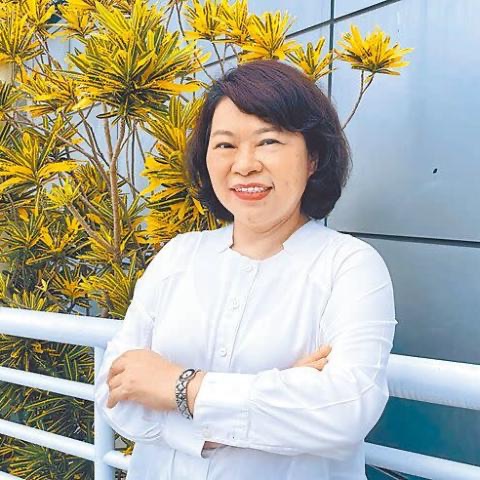
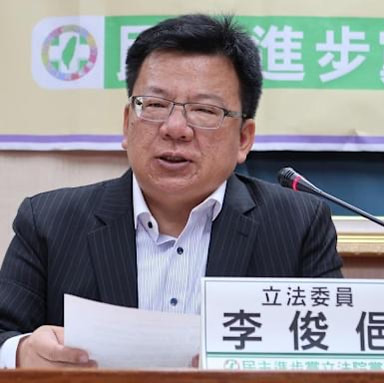

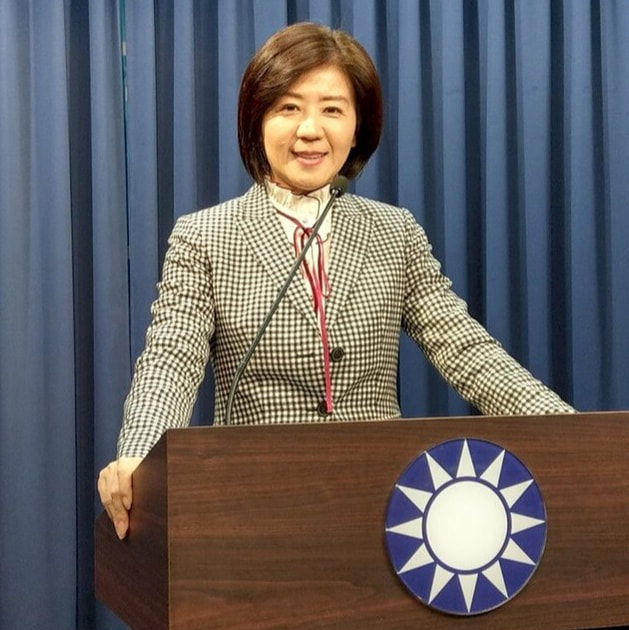
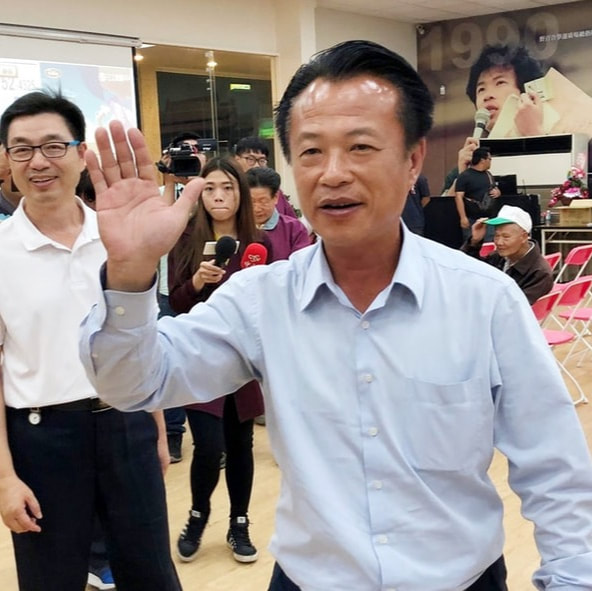

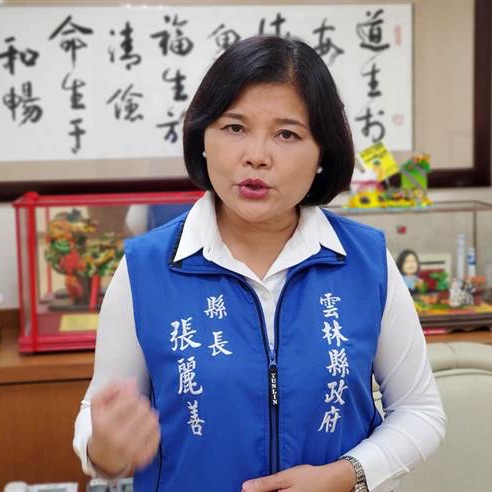
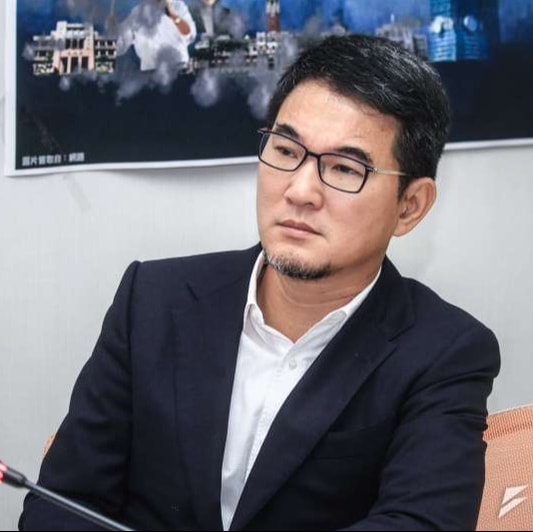

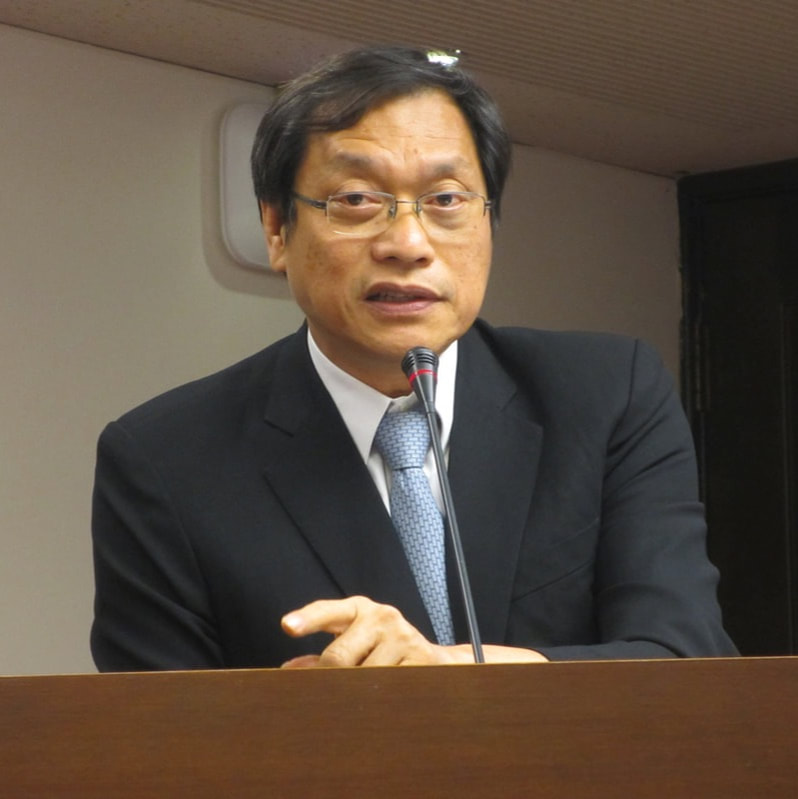
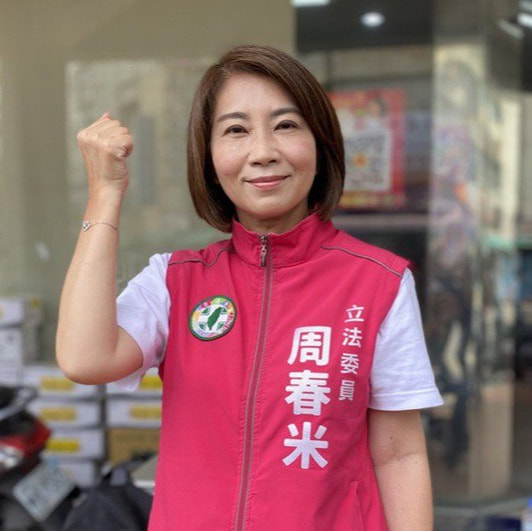
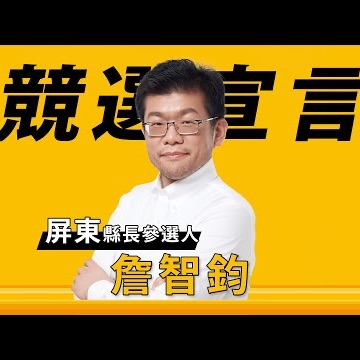

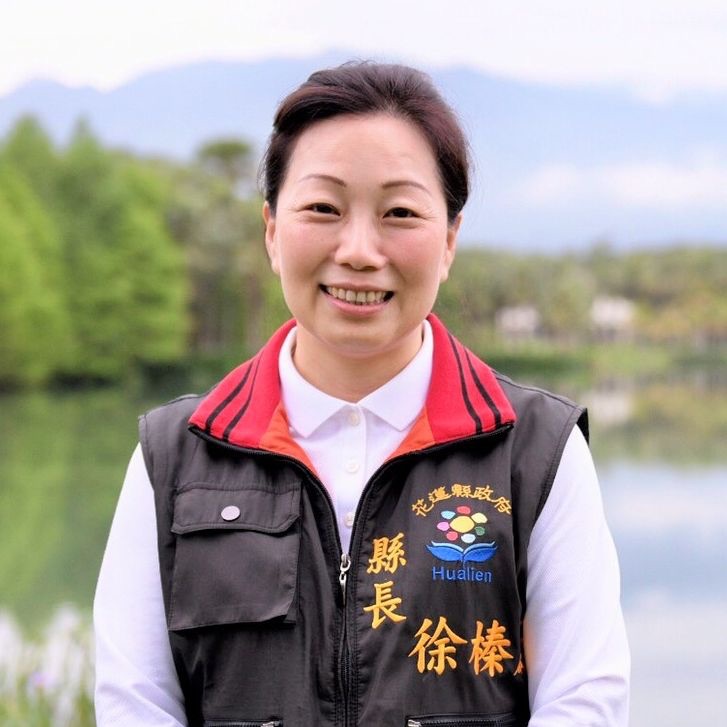
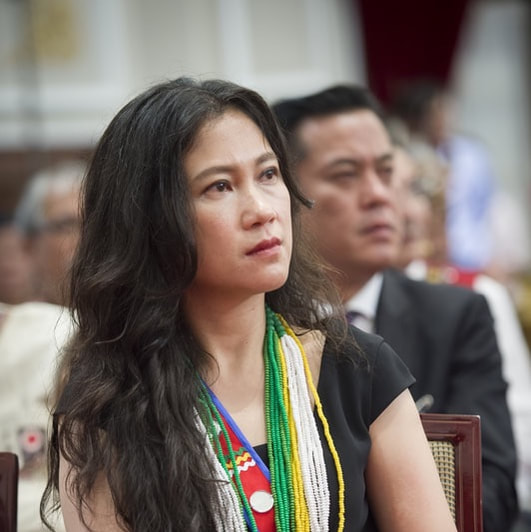

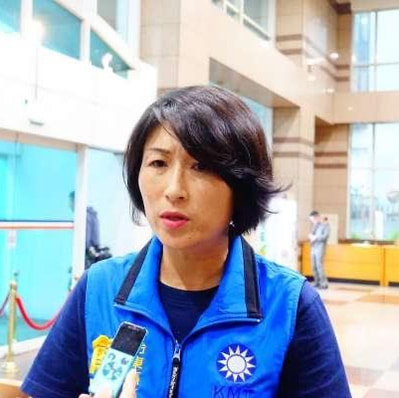
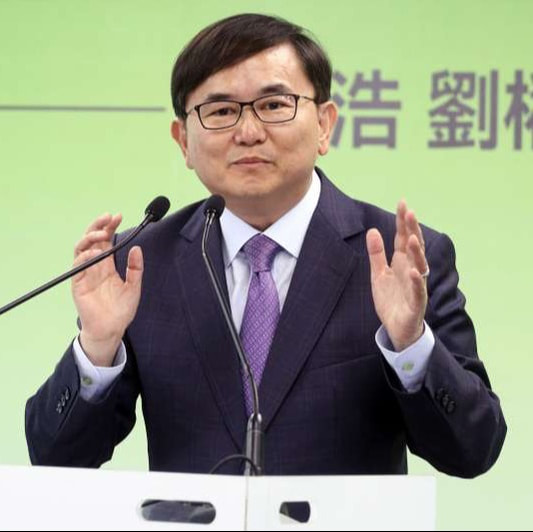

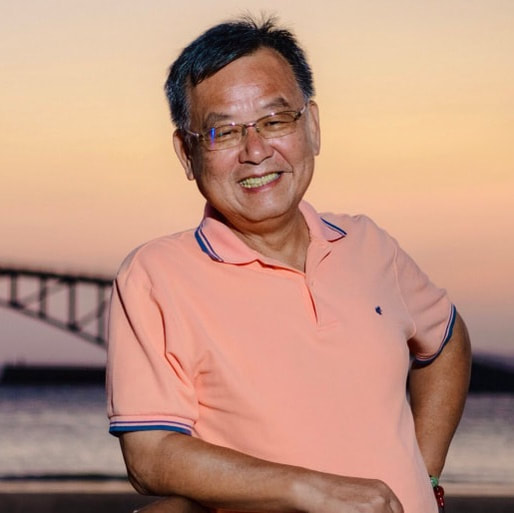
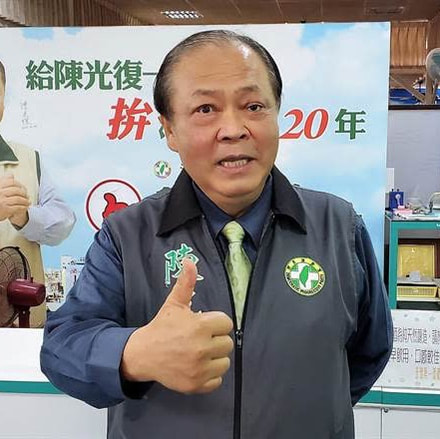
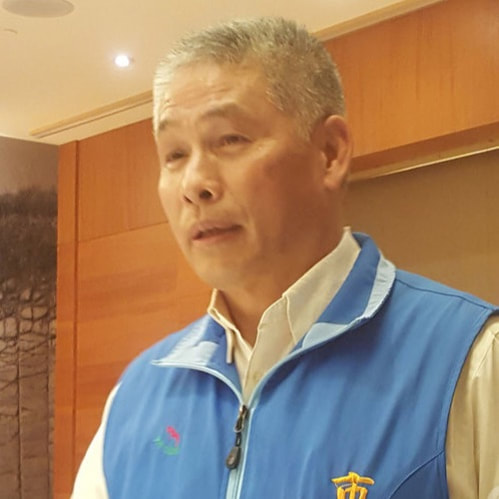

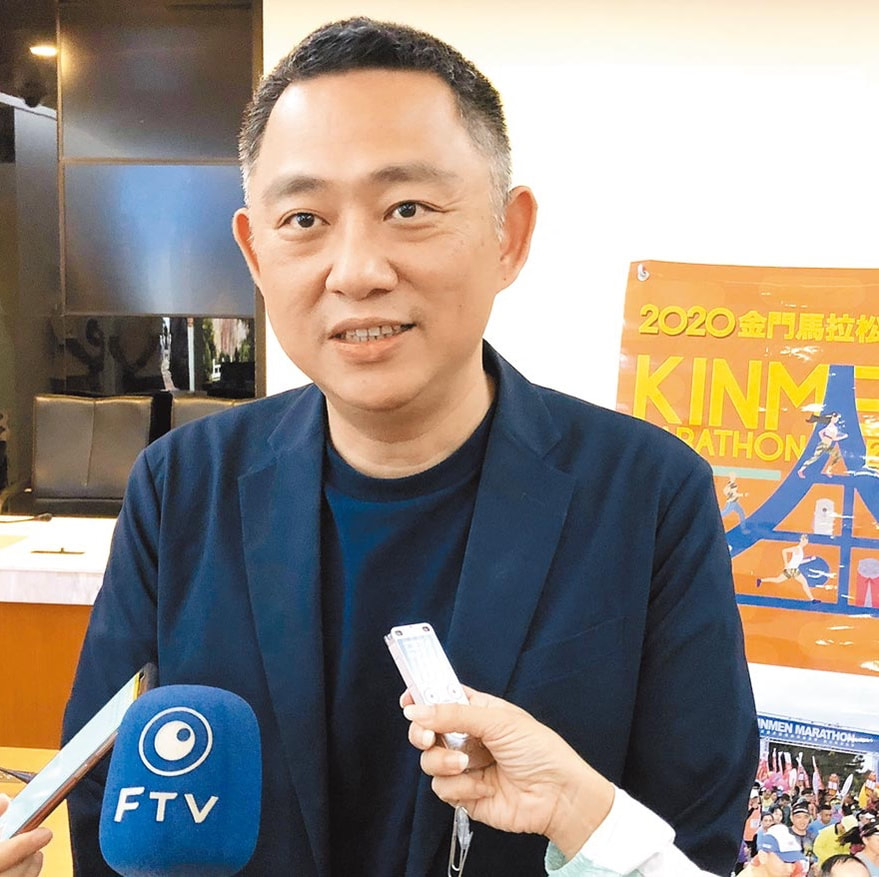
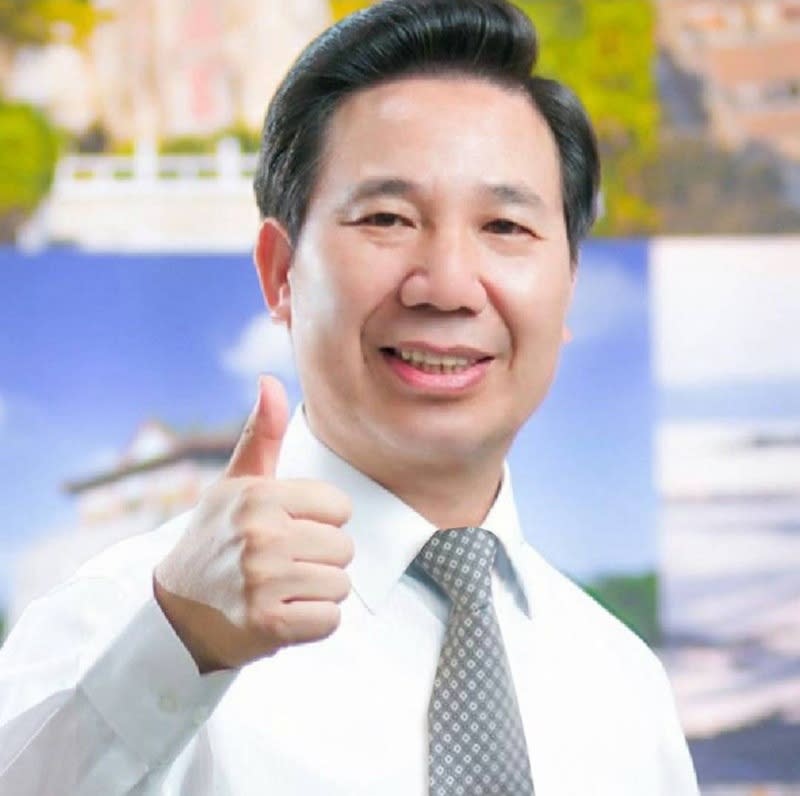
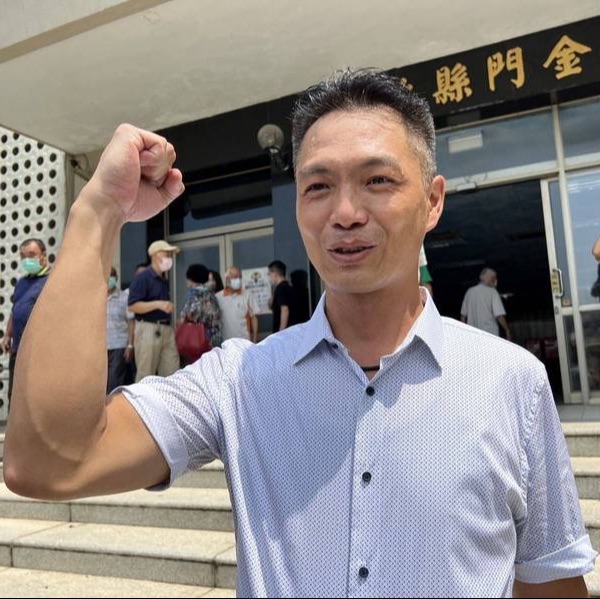

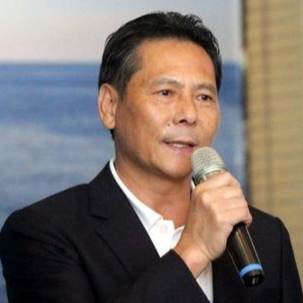
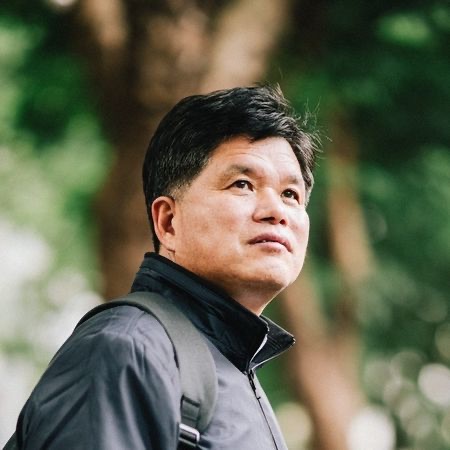
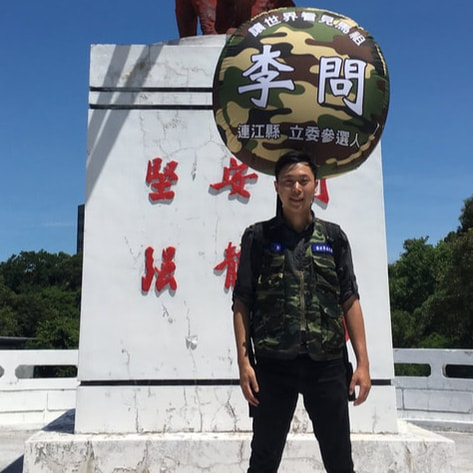

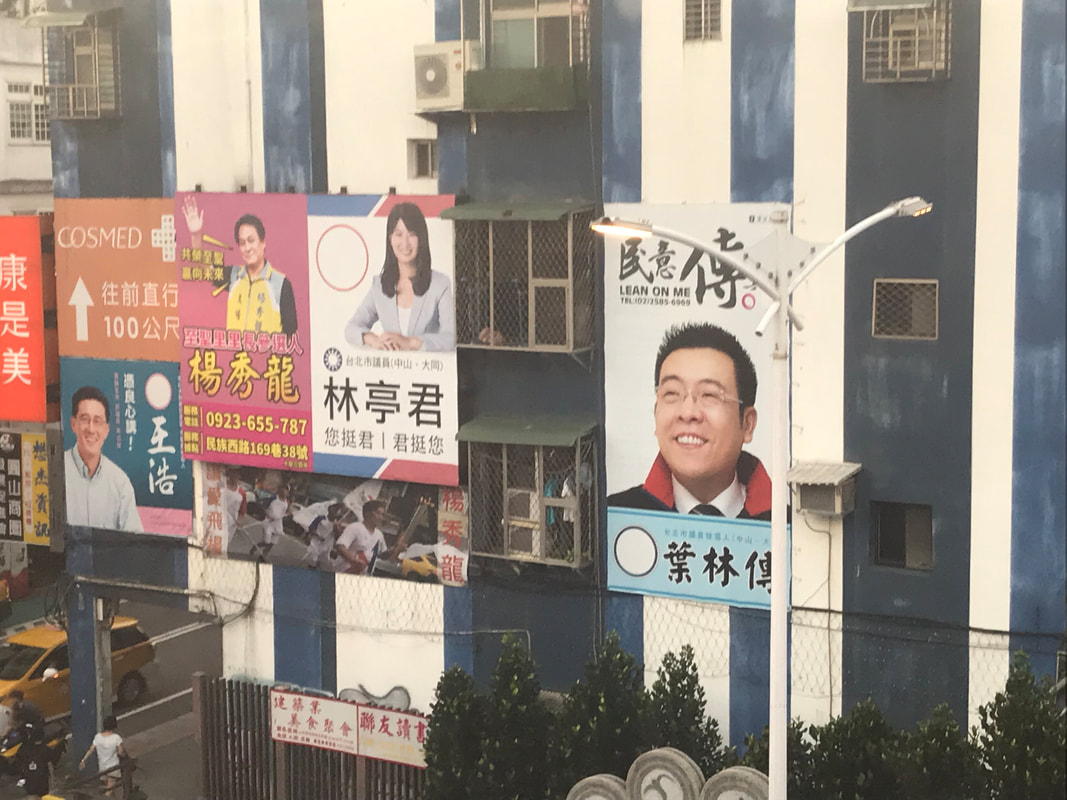
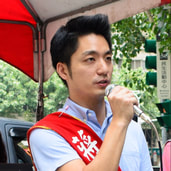
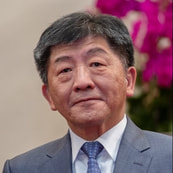
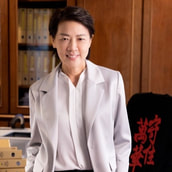
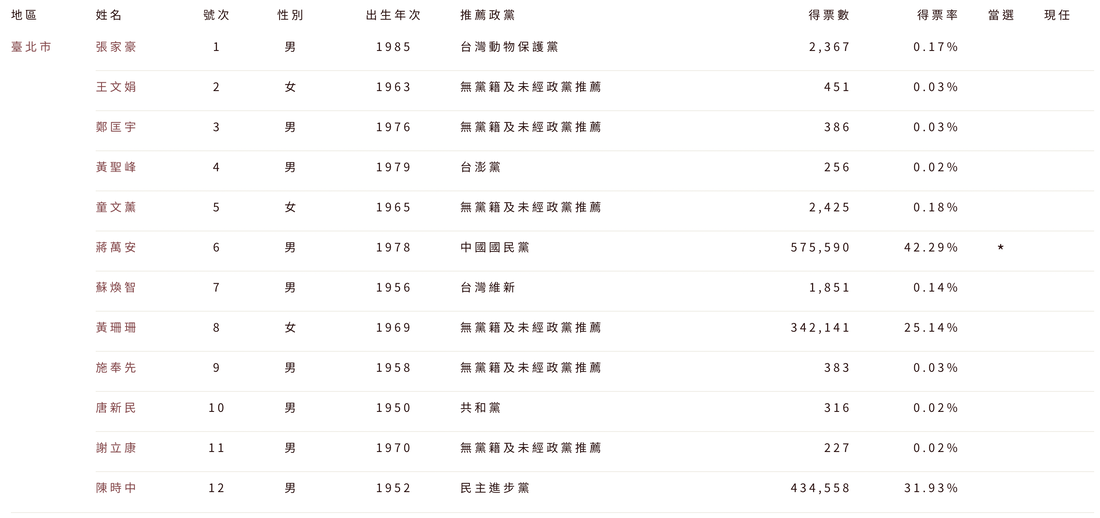

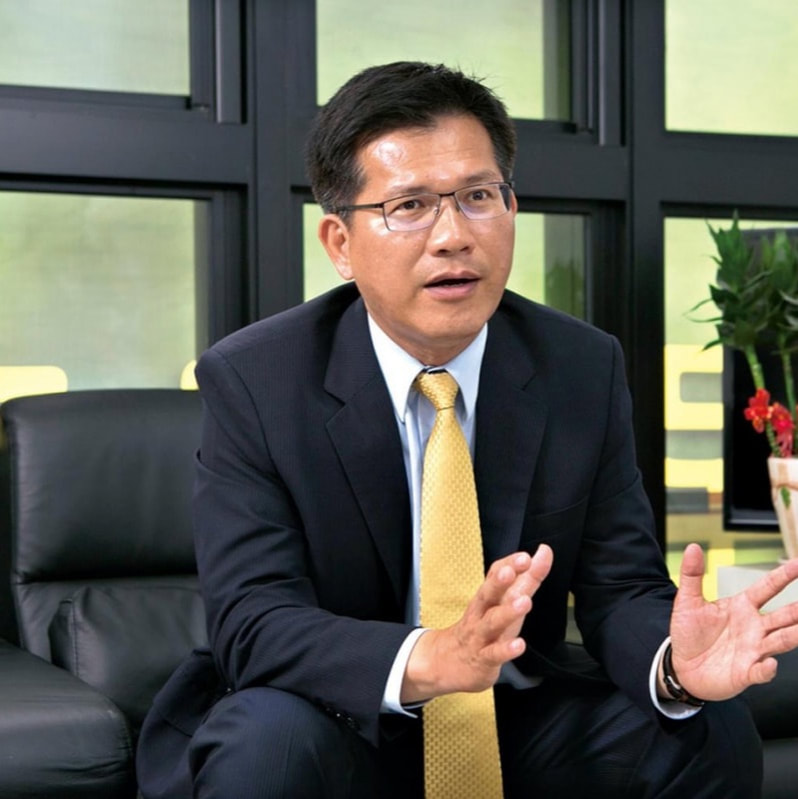

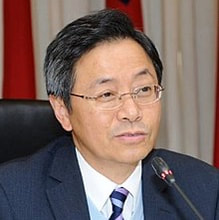
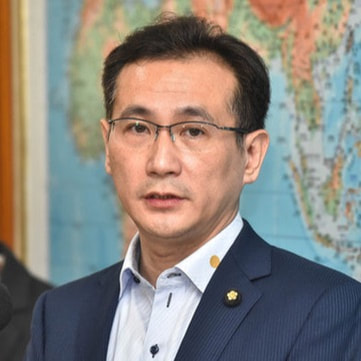

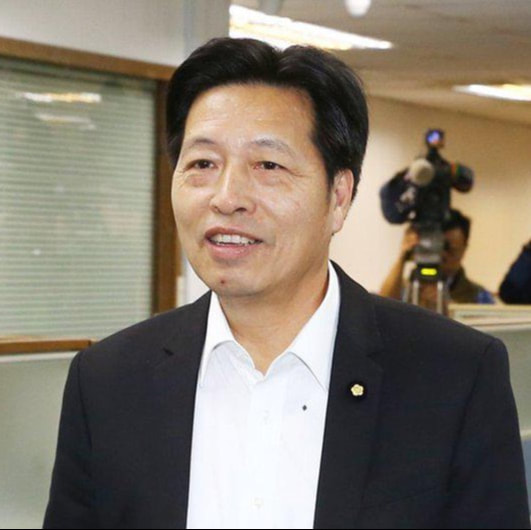

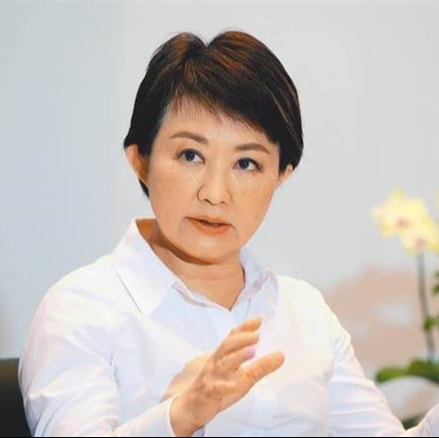
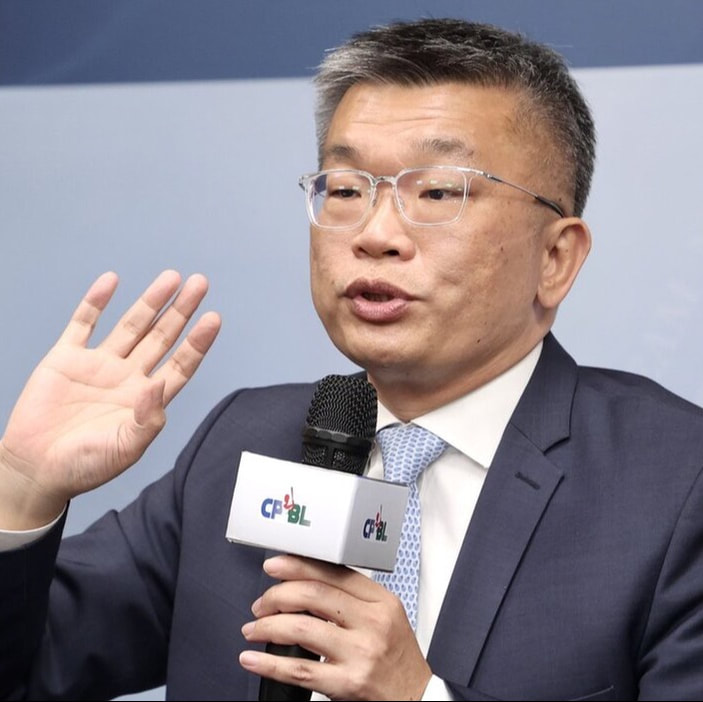

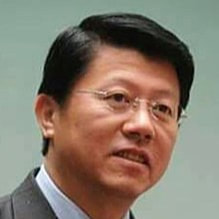

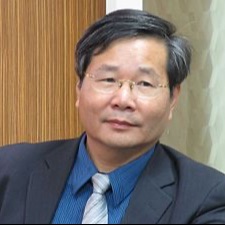

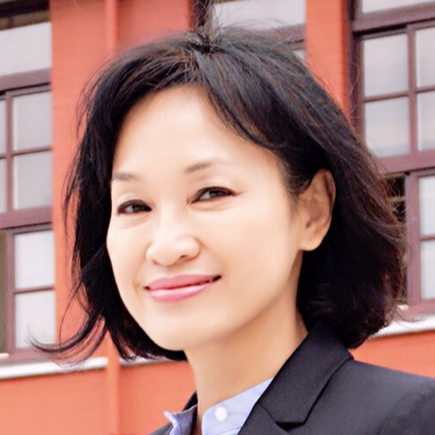
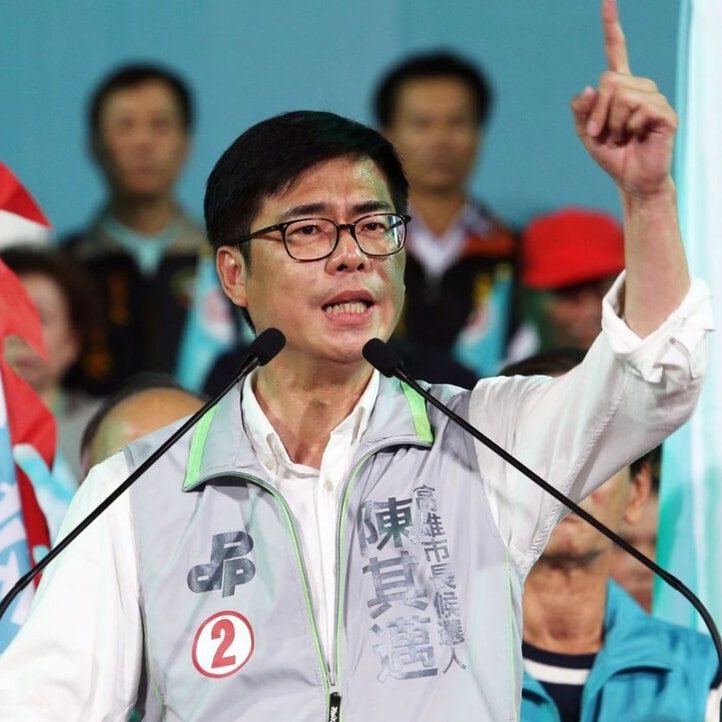

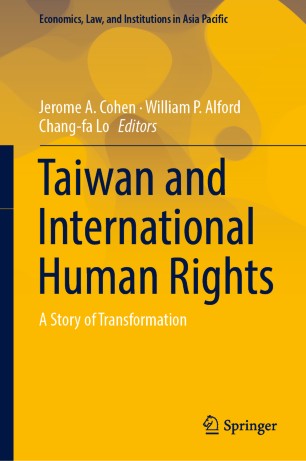
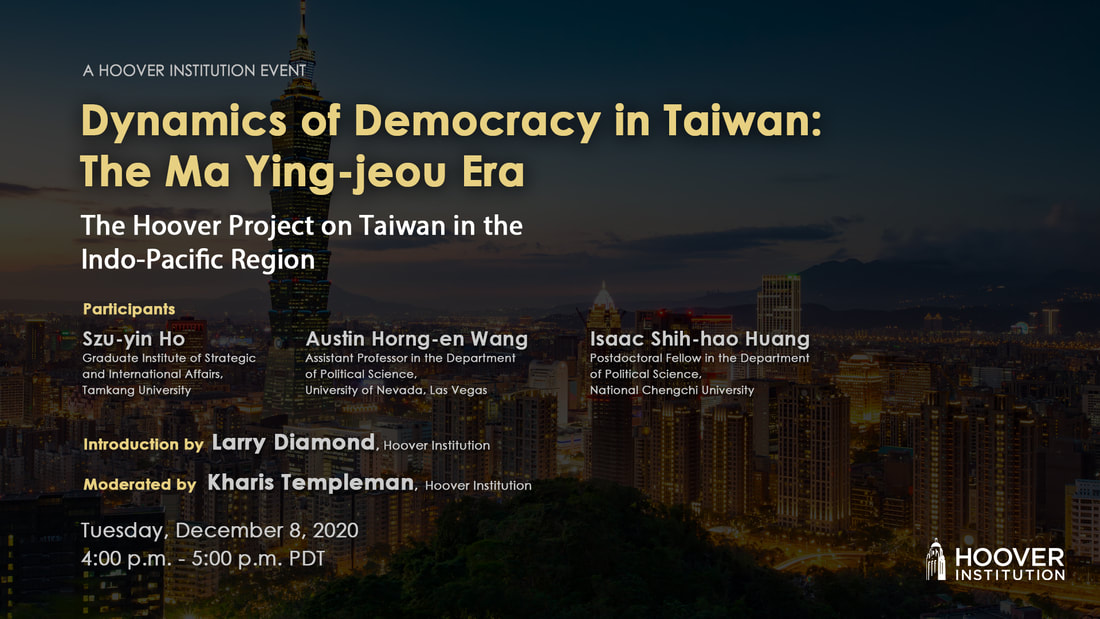
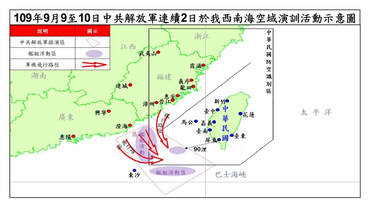
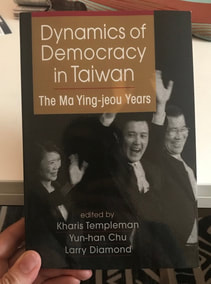
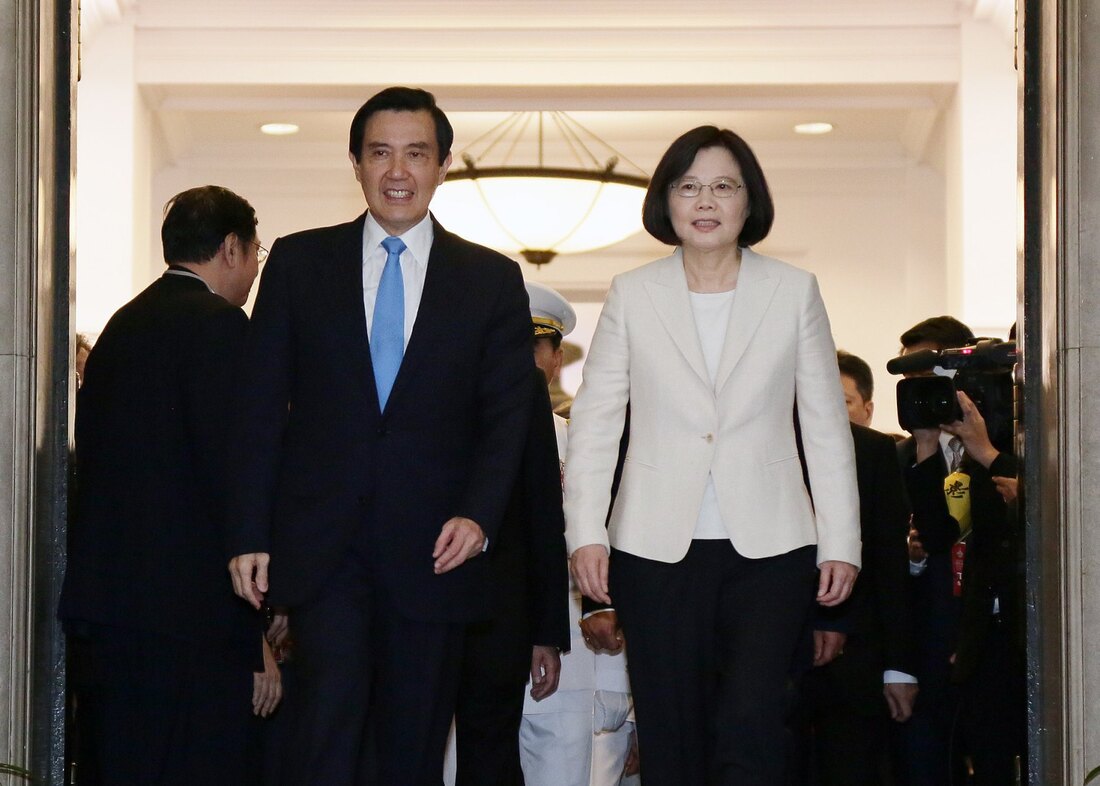
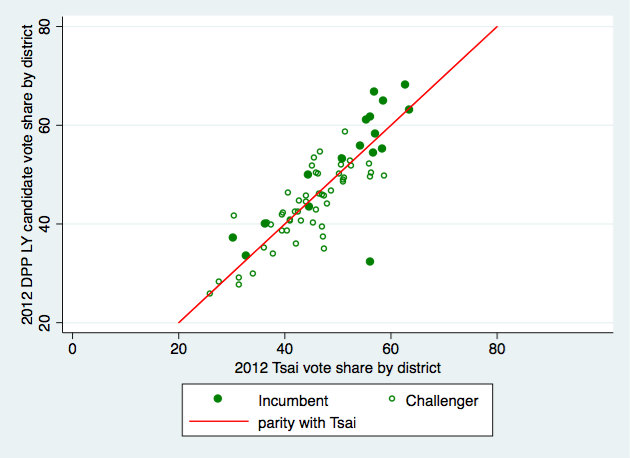
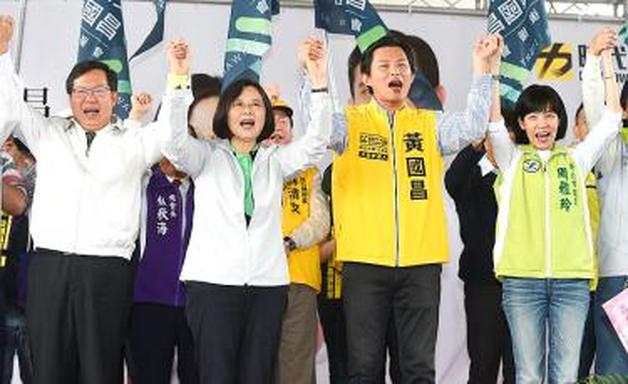
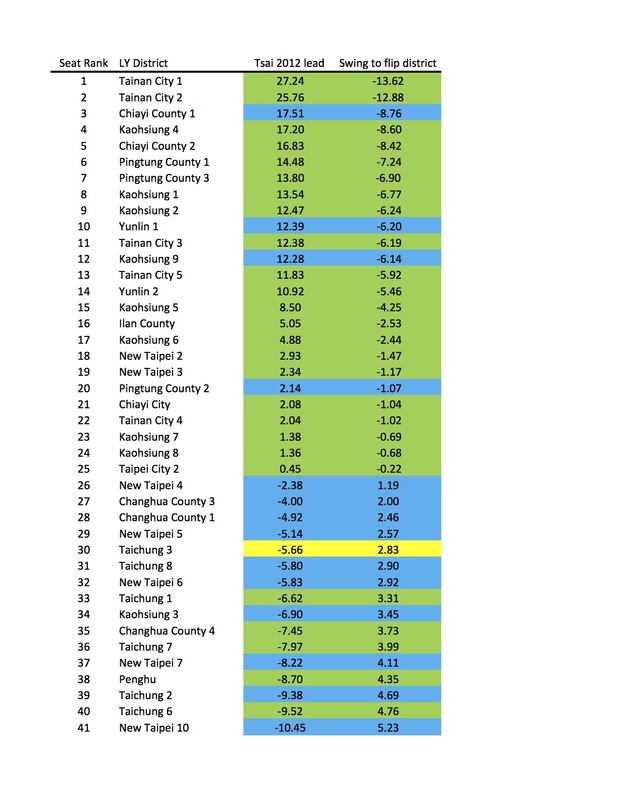
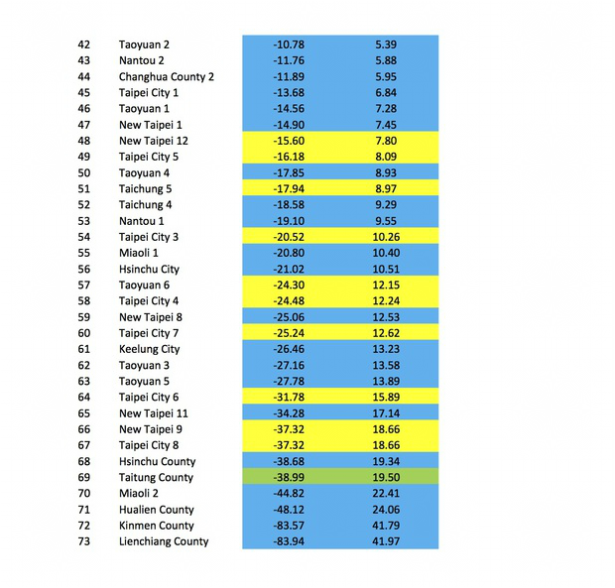
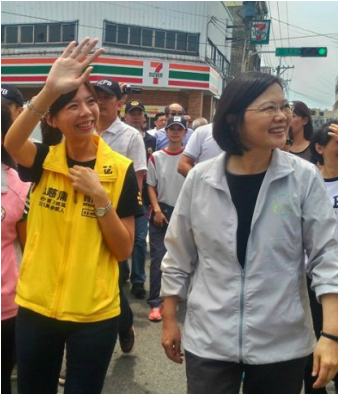
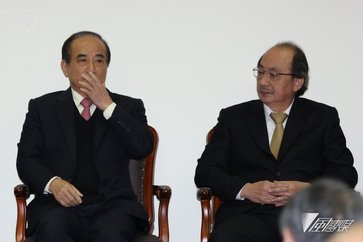
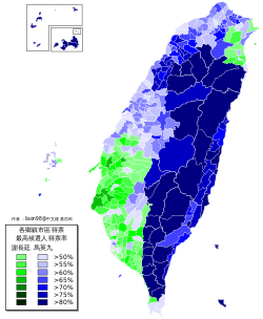
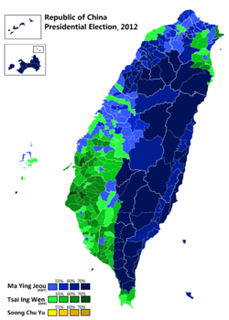
 RSS Feed
RSS Feed
